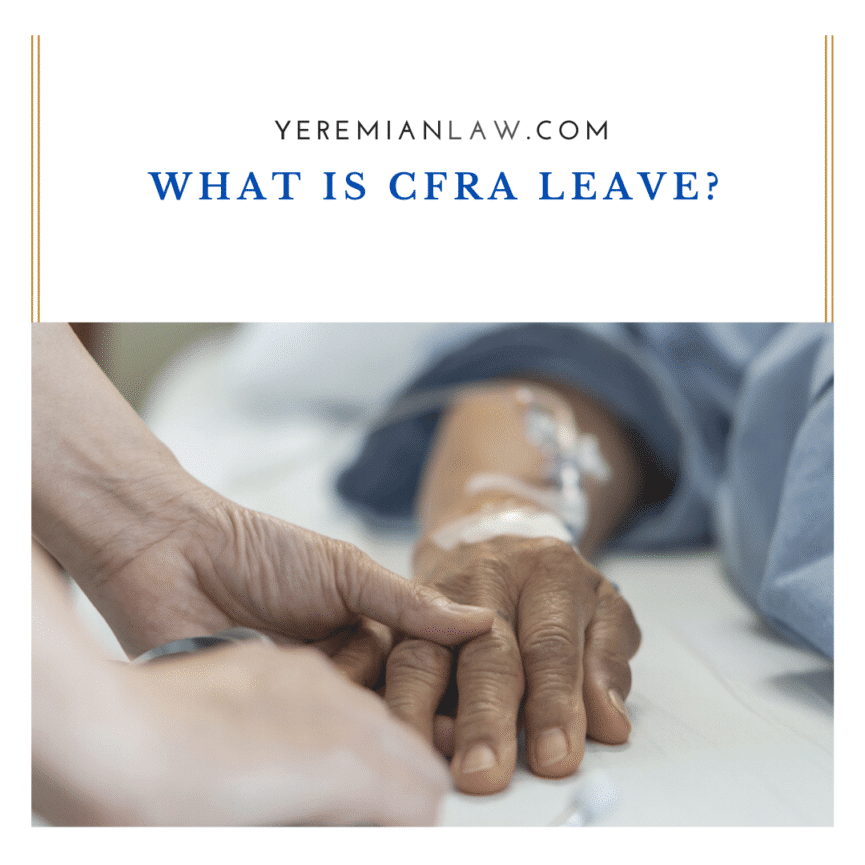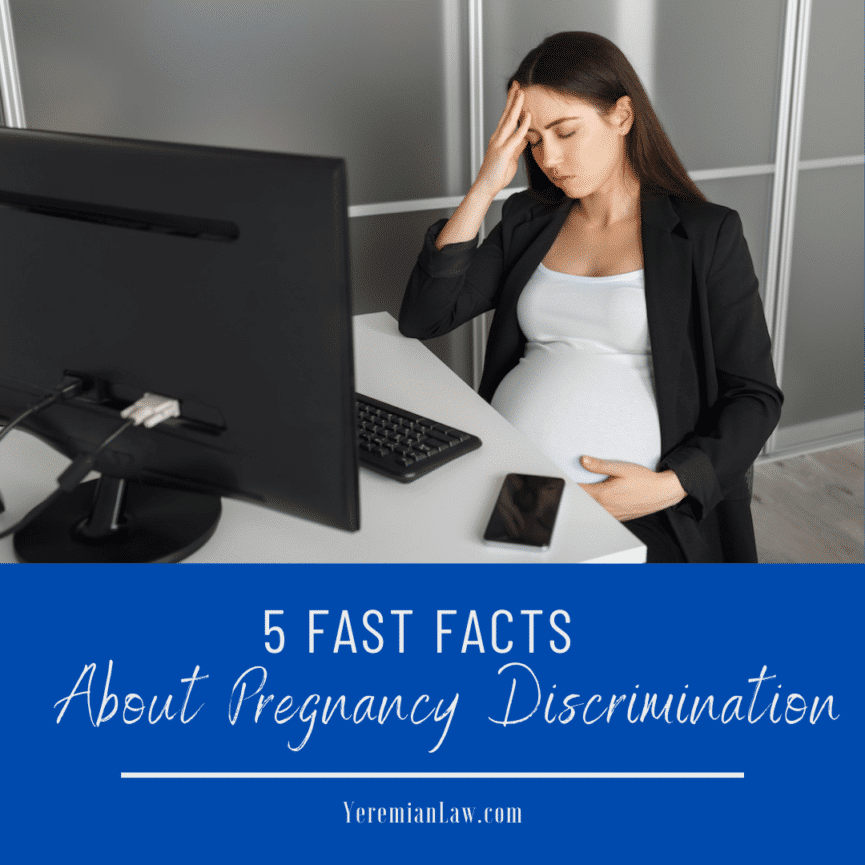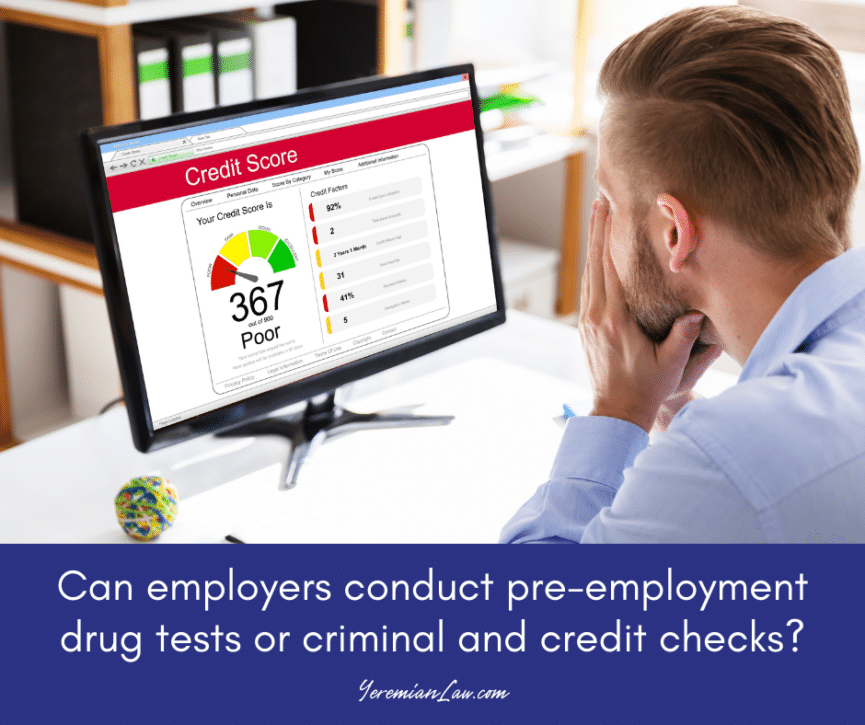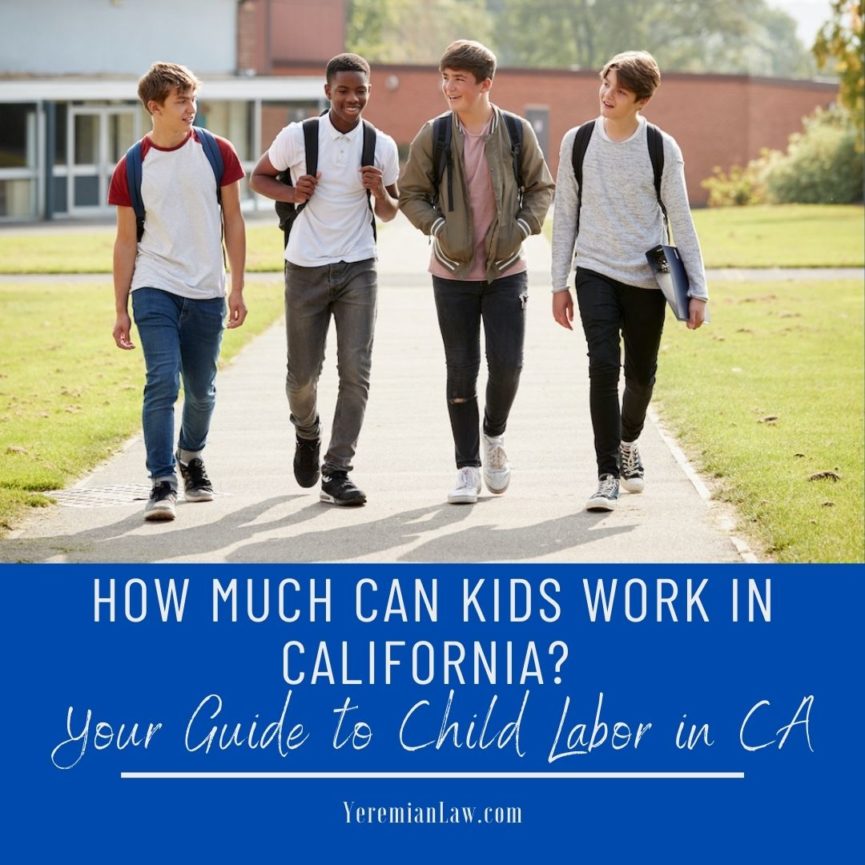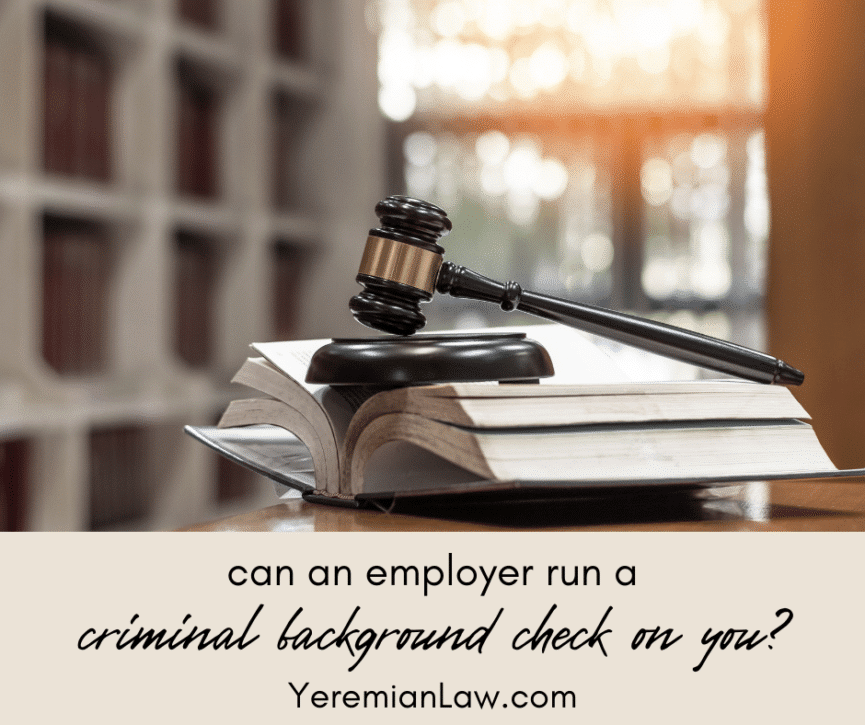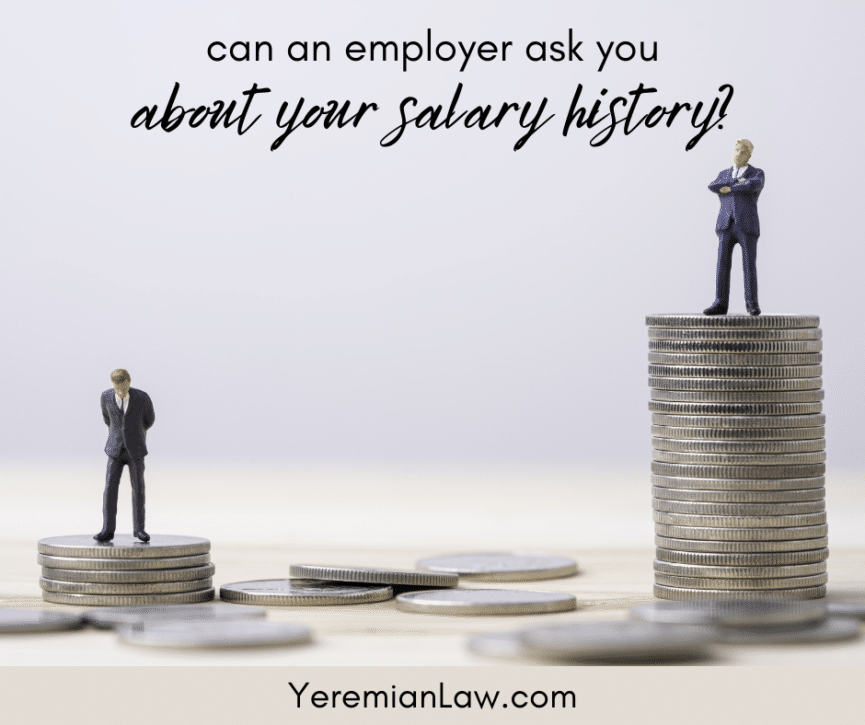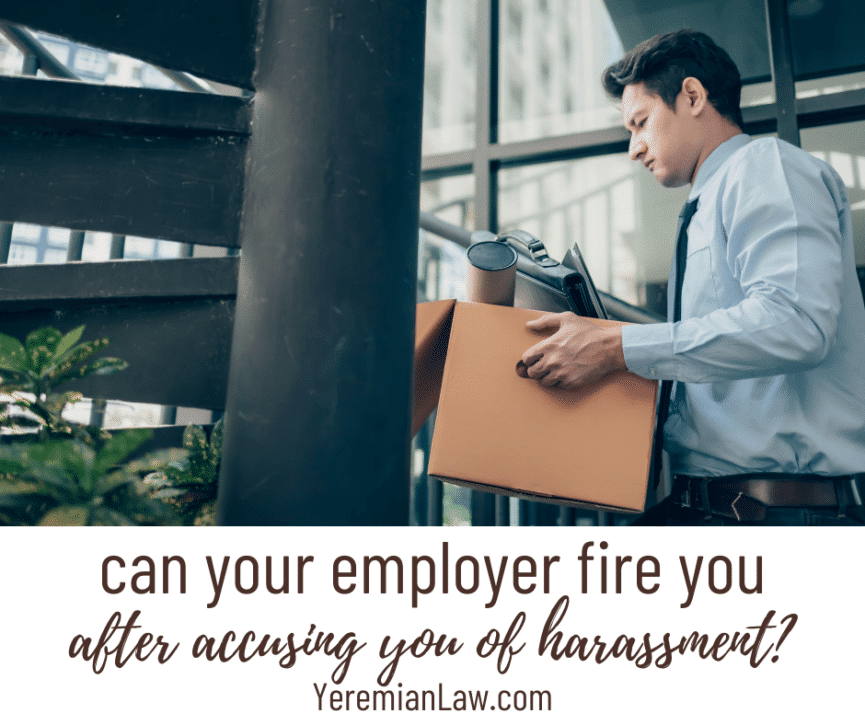The CFRA is the California Family Rights Act and it provides eligible employees with as much as 12 weeks of unpaid, job-protected leave to care for a serious health condition, the serious health condition of a family member, or to spend time with a new child. All employers must supply their employees with information about CFRA, and post this information in a … Read More
5 Fast Facts About Pregnancy Discrimination Pregnancy discrimination is when a woman is treated in an unfavorable manner, whether job applicant or employee, because of pregnancy, childbirth, or a medical condition that is related to pregnancy or childbirth. Here are five facts about pregnancy discrimination. The Pregnancy Discrimination Act (PDA) Prohibits Discrimination Based on Pregnancy The PDA, which was enacted … Read More
If you’re applying for a job in California, you need to know that drug testing, credit checks and criminal background checks are all covered under state employment laws – and whether employers are allowed to require them depends on several factors. This guide explains. In the state of California, there are several laws that govern hiring job applicants. Many of … Read More
If you’re like many people, you’re wondering about California’s child labor laws – how much kids can work, what hours they’re allowed to work and how much they must be paid. This guide explains child labor law in California and what happens if an employer violates it. Your Guide to Child Labor in CA In the United States, federal law … Read More
In the state of California, employers are not allowed to force employees to sign a contract with an arbitration clause as a condition of employment. However, employers still use forced arbitration clauses, and employees still sign them. Here’s what you need to know. In a 2-1 ruling in September 2021, the Ninth Circuit Court ruled that employers in California can … Read More
If you’re like many people looking for a new job, you’re surprised to learn that some employers want to run background checks on you. But is it legal for an employer to do a background check, with or without your consent, and do you have a reasonable expectation of privacy? This guide explains. Potential employers can, in many cases, … Read More
In the state of California, employers can’t ask you about your salary history when you’re applying for a job. Here’s what you need to know about this unlawful question and why some employers try to find out your salary history anyway. Can an Employer Ask About Your Salary History When You Apply for a Job? Employers are not allowed to … Read More
Is it legal for an employer to require all its employees to speak English? Would it be illegal if an employer refused to hire you if your English wasn’t “good enough” or if you have an accent? This guide explains. Can an Employer Require Employees to Speak English? In some cases, it’s legal for an employer to require employees to … Read More
If you’ve been accused of harassment at work – whether or not it’s true – can your employer legally fire you? This guide explains. Can Your Employer Fire You After Accusing You of Harassment? Employers are legally required to protect employees from harassment, and that may mean that if you’ve been accused of harassment, your employer can fire you. In … Read More
If you’re like many people, your religion is a very important aspect of your life – but can you be fired for talking about religion at work? This guide explains this often-touchy subject. Can You Be Fired for Talking About Religion at Work? First things first: Employers are required to provide reasonable accommodations for religious reasons. That means as long … Read More



